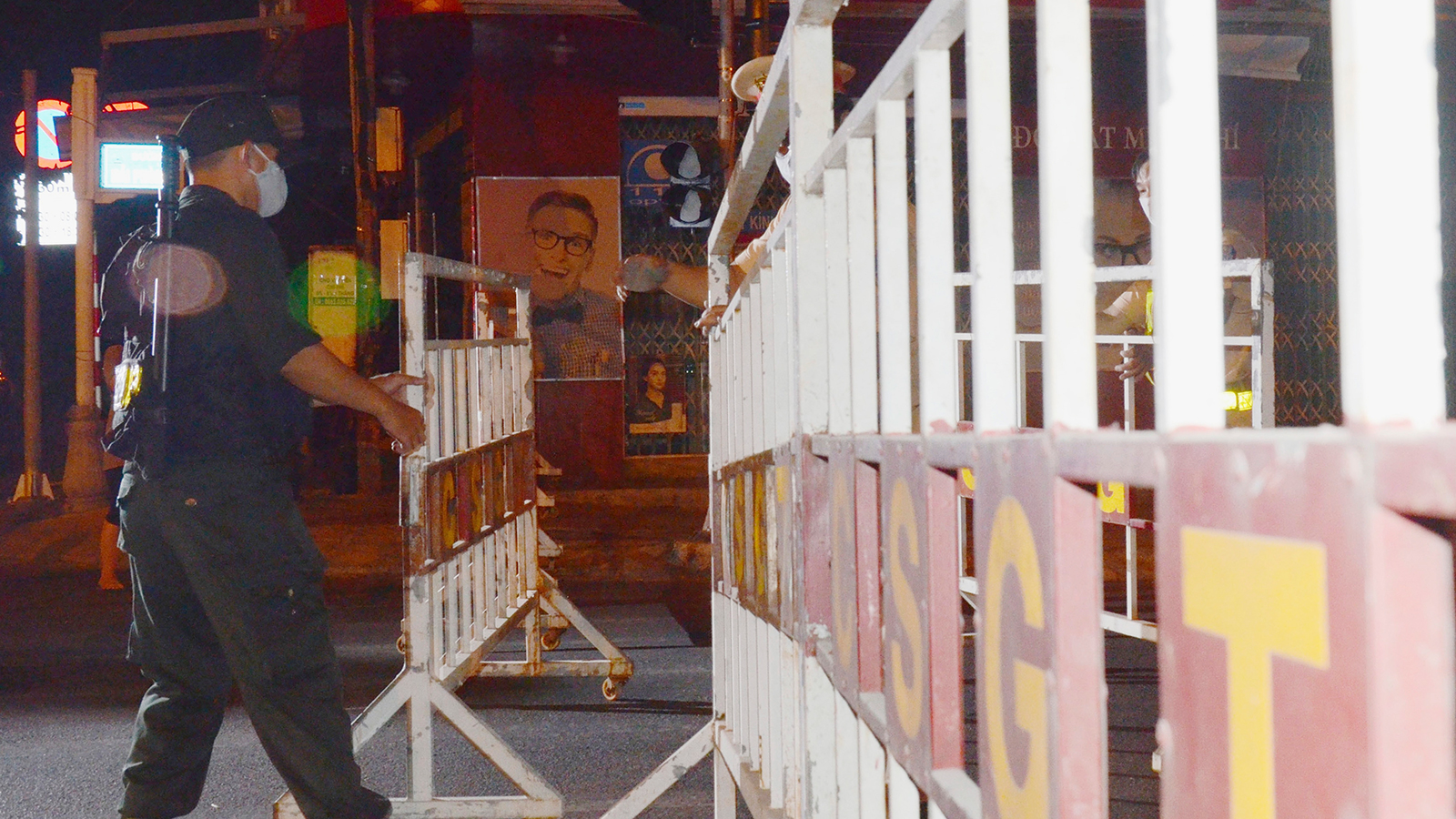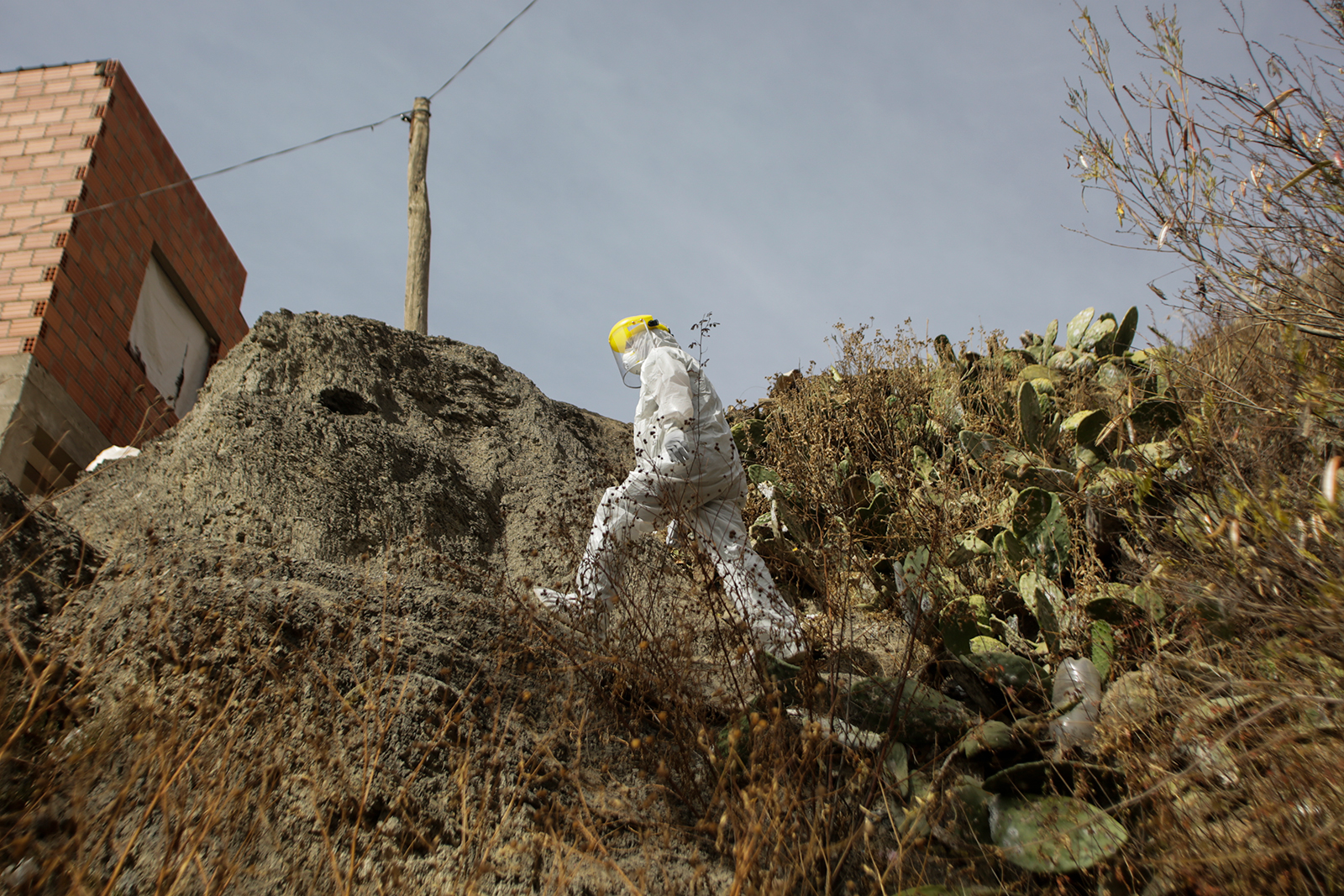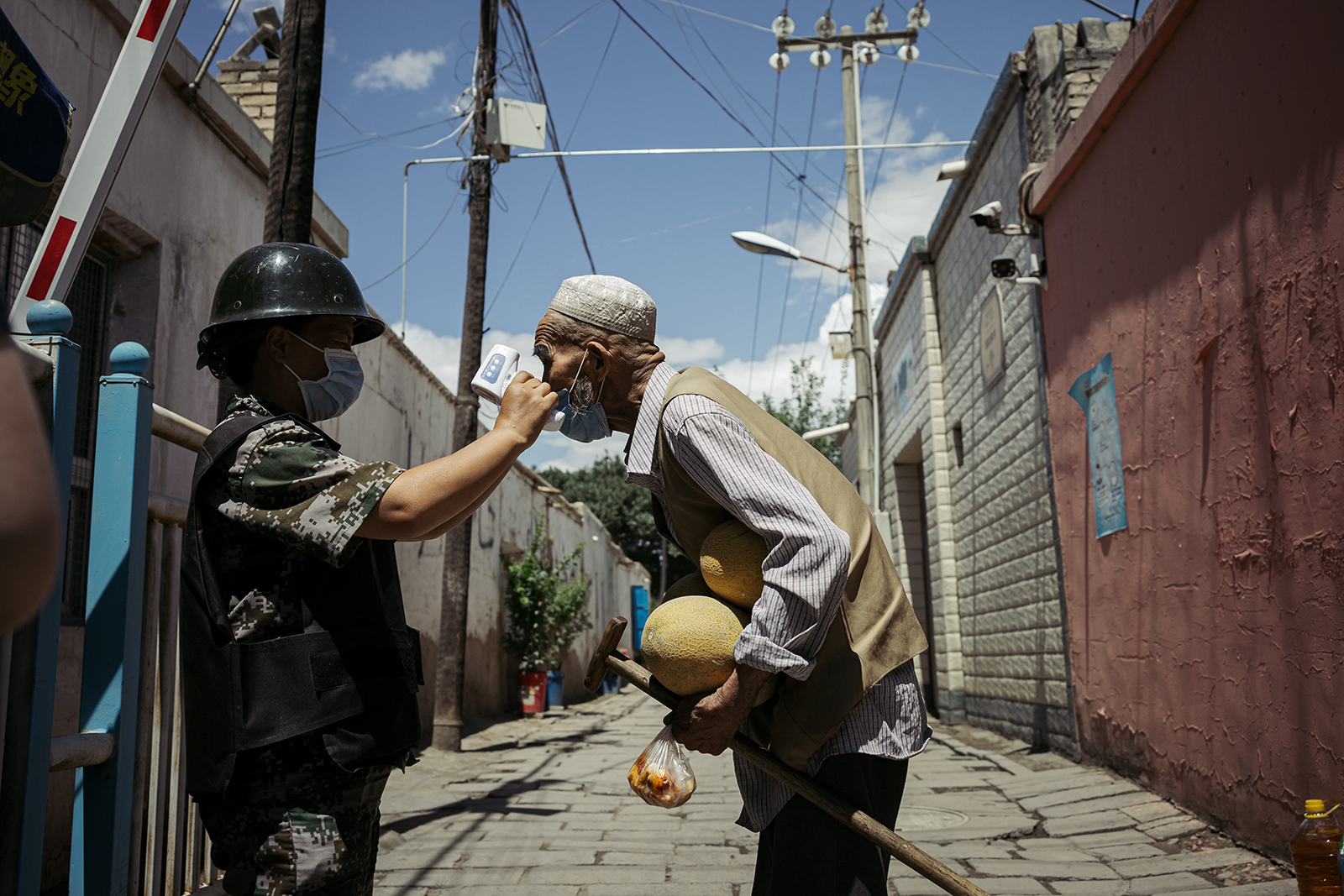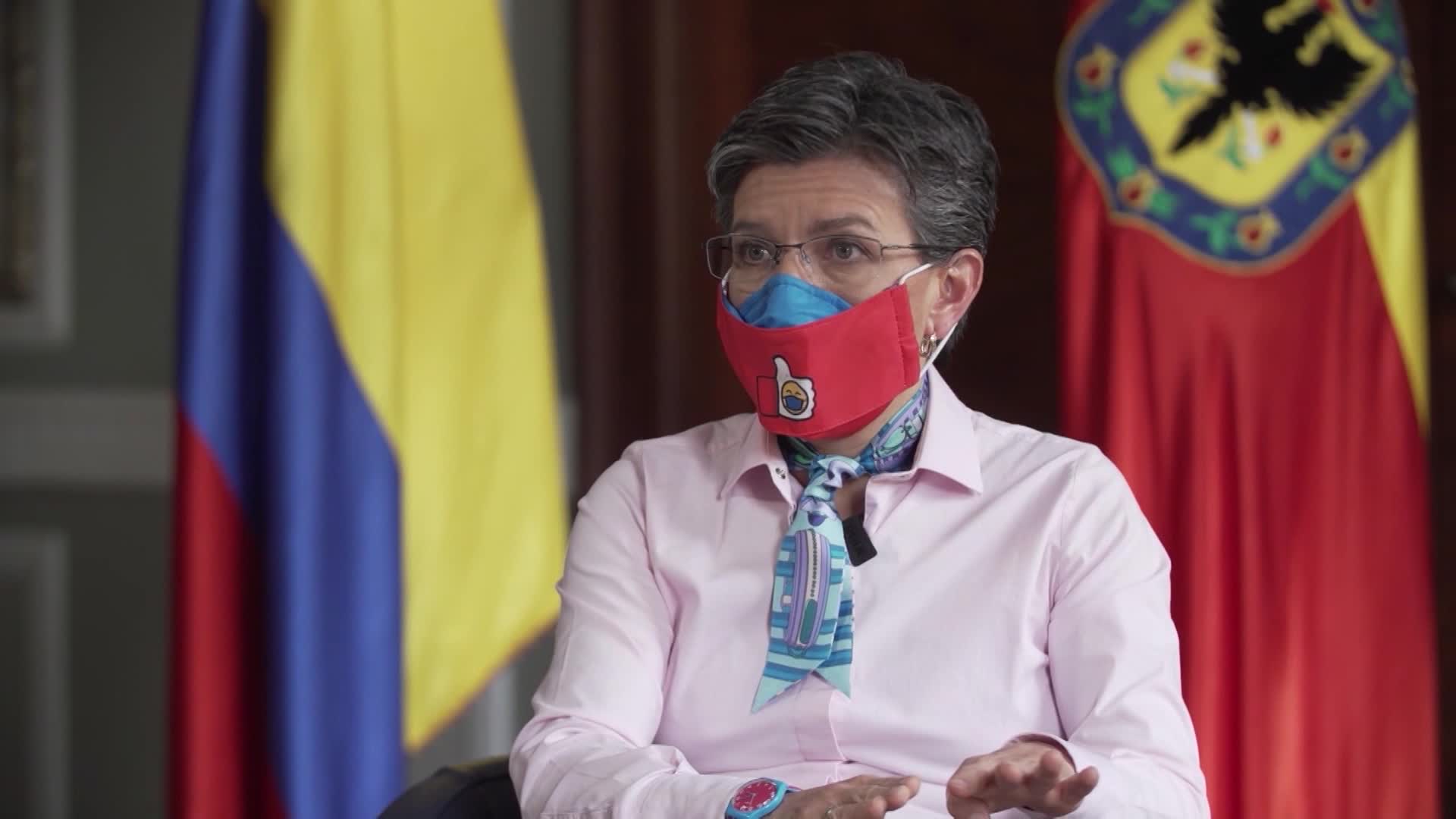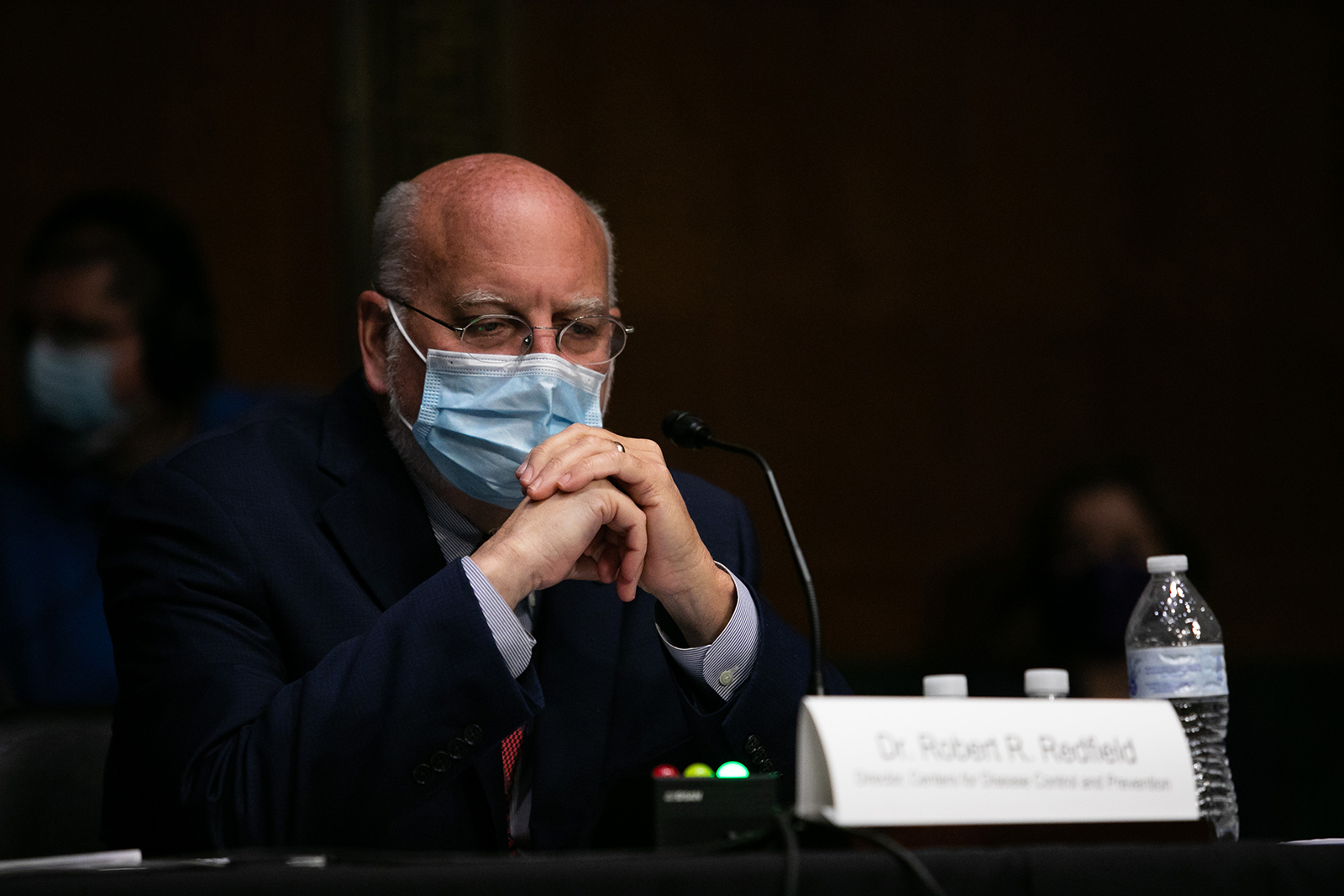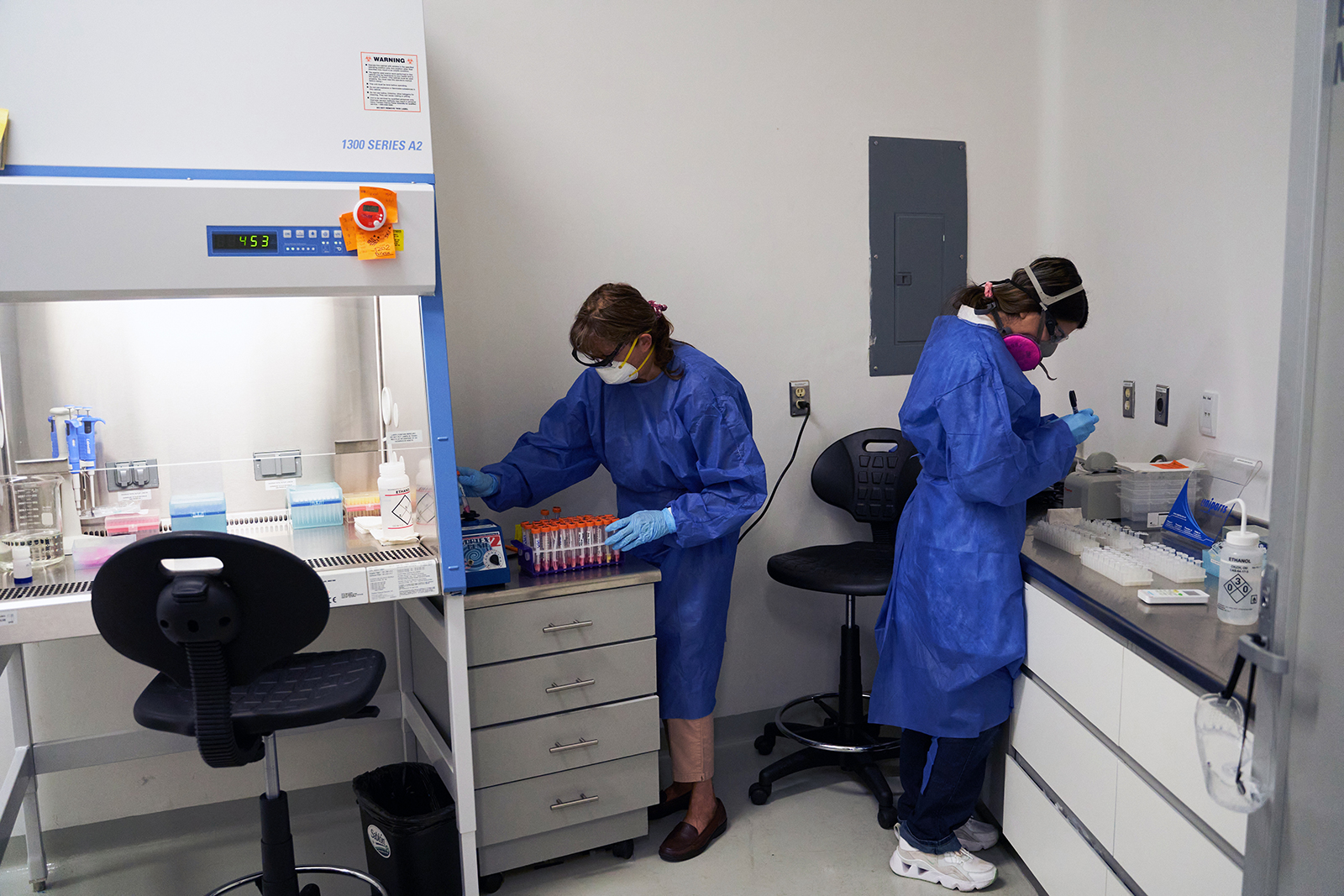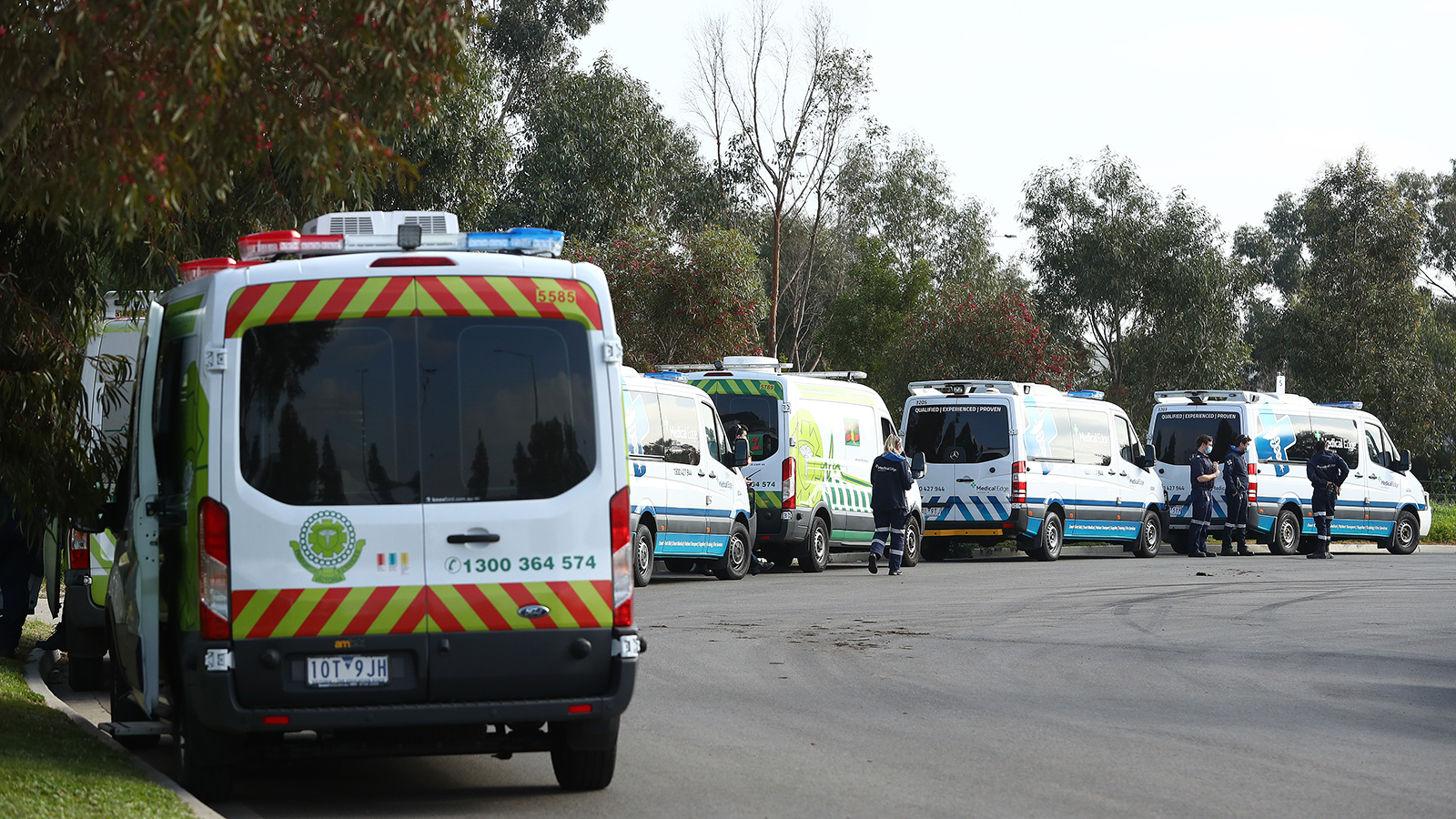
The Australian state of Victoria recorded 295 new Covid-19 cases on Tuesday, state Premier Daniel Andrews said on Wednesday.
Victoria also recorded nine new coronavirus deaths, bringing the statewide death toll to 92. The 295 new cases bring the total number of confirmed cases in the state to 9,304.
“If you are sick, you must get tested,” said Premier Andrews, who also urged people who are showing symptoms to stay home and get tested. He added that “this is largely a second wave fueled by outbreaks in workplaces.”
Andrews also announced that 18,077 people were tested on Tuesday, bringing the total number of tests conducted in Victoria to 1,554,705.
Victoria police said they fined 103 individuals who breached the chief health officer's directions over the past 24 hours, including three people fined for gathering to celebrate a birthday.
Victoria’s new numbers come as the state of Queensland announced it would close its borders to Greater Sydney starting on Saturday in order to curb the spread of the virus. New South Wales, the state Sydney is located in, reported 19 new coronavirus cases on Wednesday.



